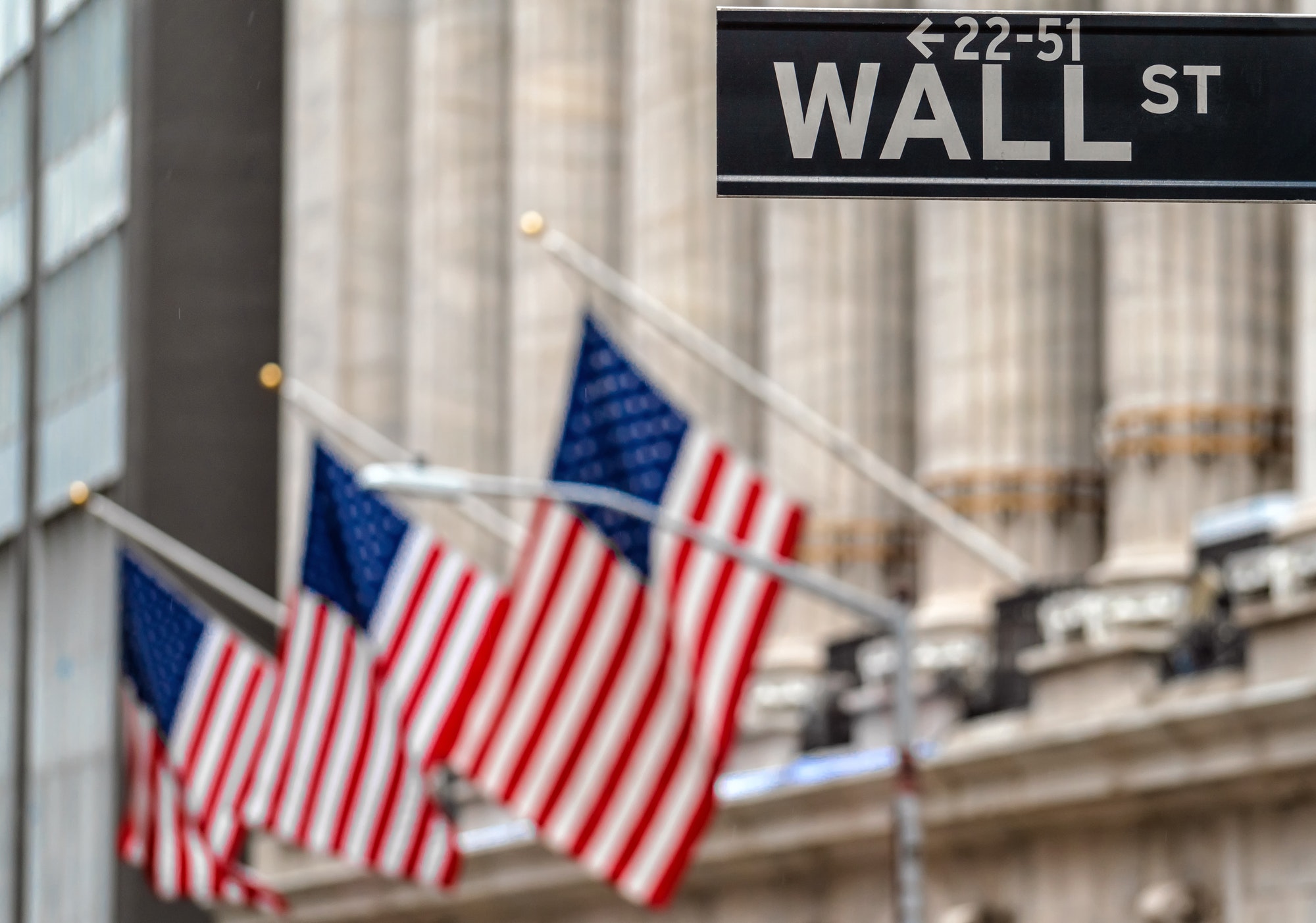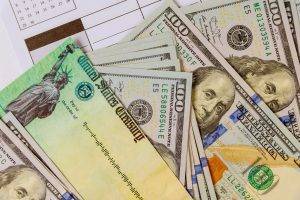While the Houston Astros won their first World Series last week, a number of other “firsts” regarding the markets occurred as well:
1) President Trump tapped his first nomination for Federal Reserve chairperson, Jerome Powell. Powell is viewed to continue current Chairwoman’s, Janet Yellen’s, cautious policy views, with perhaps a less stringent perspective on bank regulation. He brings a Wall Street background and business-friendly positioning to the role.
The market largely believes Powell will continue to gradually increase short-term rates while shrinking the Fed’s balance sheet consisting of $4.2 trillion of Treasury and mortgage-backed securities. Powell’s views on deregulation coincide with Trump’s agenda. For example, Powell has been known as a proponent of softening rules on proprietary trading.
2) The Bank of England raised rates for the first time in a decade. Rates increased from 25 basis points to 50 bps with the BOE expecting gradual increases over the next few years. At the time of this writing, the markets expected two more hikes within the next three years. Despite the hike, the GBP slipped against the USD and Euro given the BOE’s post-meeting dovish statement.
Rising inflation (Britain’s inflation reached a five-year high of 3% in September) and low unemployment prompted the move. The BoE raised its inflation expectations for 2017 to 3% from 2.8% and expects Britain’s economy to grow 1.6% and 1.7% in 2018 and 2019 respectively.
3) House Republicans unveiled their sweeping tax reforms, which included changes to individual taxes, a cut to the corporate tax rate to 20% from 35% and up to a 12% tax on multinationals’ accumulated offshore earnings. Given the news, the USD fell as treasuries increased as the market largely expected key aspects of the proposal, but deemed it too soon to ascertain the impact on asset classes longer-term.
4) As expected the FOMC kept the status quo at its meeting last week with the market largely expecting a December rate hike.
5) October’s jobs report indicated that U.S. employers added the most jobs in a year, with the unemployment rate falling to 4.1%, the lowest since 2000. Despite the relatively strong data, a retreat in wage growth and lower participation rate clouded the report.
6) The Venezuelan government announced plans to restructure its debt, which in part caused a decline in emerging market currencies.
At the time of this writing, 10-year treasury yields were trading around 2.35%. The S&P 500 is headed for its 8th straight week of advances. Apple’s earnings in part drove the index. Brent crude oil is reaching levels not seen in over two years at $62.51bbl.
This week:
This week’s Fedspeak schedule should be quiet with only a handful of members on the calendar. Both New York Fed President Dudley (dove, voter) and Chair Yellen dove, voter) are scheduled for Monday and Tuesday, respectively, but neither is expected to touch on topics of the economy or monetary policy. Dudley is due to give a speech on “Lessons from the Financial Crisis” and Chair Yellen is set to receive an award for ethics in government.
Globally, we’ll have two major central bank meetings. The Reserve Bank of Australia (RBA) meets on Monday at 10:30 pm EST and will be followed by the Reserve Bank of New Zealand (RBNZ) at 3:00 pm EST on Wednesday. Expectations are for unchanged decisions by each central bank. On the data front, highlights in Germany will include September Factory Orders, September Industrial Production (Tuesday) and September Trade Balance (Thursday). In the Eurozone, we’ll get September PPI. In the UK, September Industrial Production and the September Trade Balance print Friday. In Asia, highlights in China will be the October Trade Balance on Tuesday & Wednesday, followed by October CPI/PPI (Wednesday). In Japan, October PMIs were released last night and showed Japan’s services sector grew at the fastest pace in more than two years suggesting that the economy is picking up momentum in the fourth quarter.








